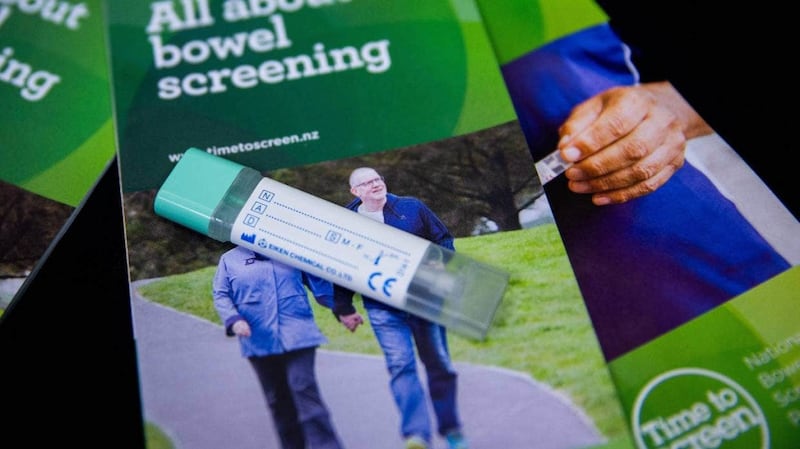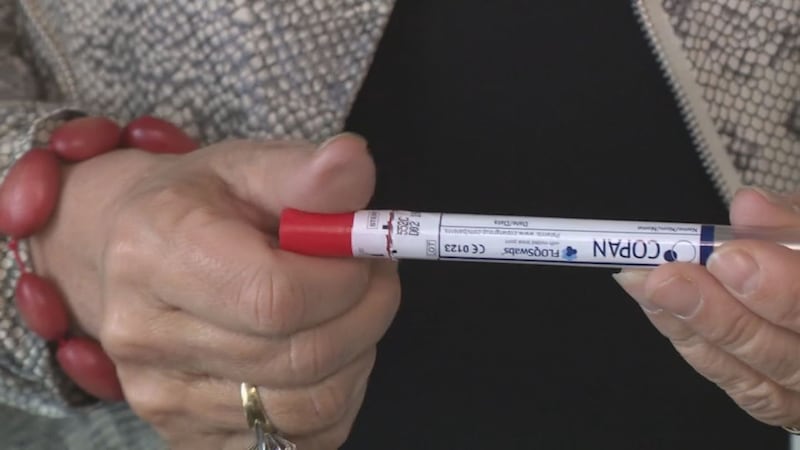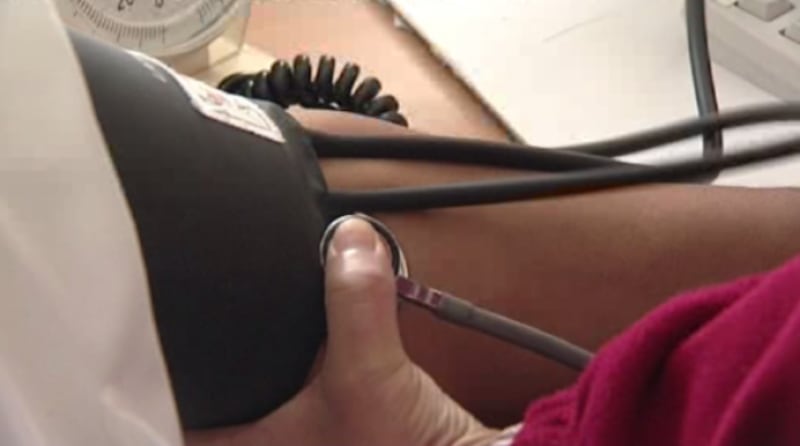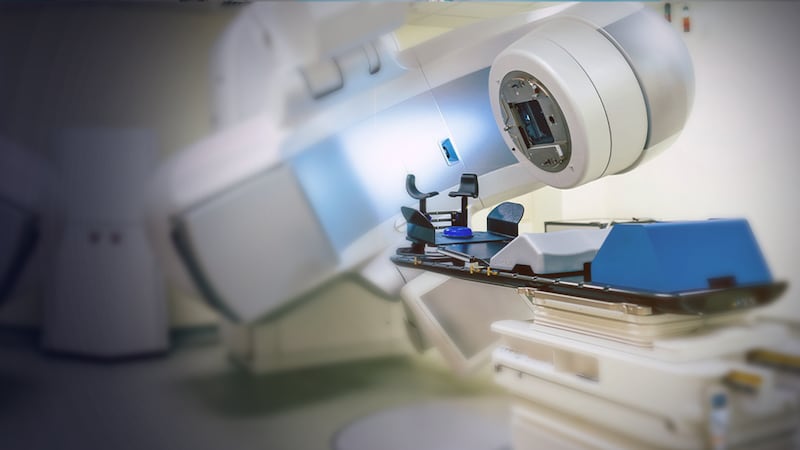Liam Willis, Executive Officer of the Gut Cancer Foundation is calling for more Māori involvement in cancer research to ensure they are adequately represented. He pointed out that achieving an inclusive health system requires Māori to be involved in decision making processes, not excluded.
“We must understand mātauranga Māori principles are when it comes to assessment, when it comes to application processes,” he says.
Māori cancer mortality rates are steadily increasing, with many facing later-stage diagnoses and poorer outcomes, according to many researchers.
Māori researchers are now calling for urgent reform of a health system they argue is ill-equipped to support their communities, highlighting entrenched “inequities and inequalities” in the system.
They say these disparities are largely due to limited access to cancer screening services, systems designed without Māori needs in mind and a lack of Māori representation in cancer research.
Researcher Nadine Riwai (Ngāti Porou, Te Aitanga a Māhaki, Te Uri o Hau, Ngāi Takoto, Inia) emphasised the importance of amplifying the Māori voice to ensure better health outcomes.
“The first point of contact is going to see you through and how you’re going to feel and go to the next step,” Riwai said.
“Even when our own whānau have had negative experiences, we hear that because that’s the kōrero that filters through.”

Barriers to Screening Access
In Aotearoa, three national cancer screening programs are available; bowel, breast, and cervical cancer. While cervical and bowel screening offer self-testing options, breast cancer screenings are more limited, often requiring visits to specific locations or mobile screening units.
Riwai highlighted the challenges faced by rural whānau, particularly when mobile screening units are unavailable due to factors such as significant weather events. She explained that, in the aftermath of Cyclone Gabrielle in 2023, over 200 wahine missed out on screenings due to disruptions in services.
“Being back here on the coast, for a few years Te Puia would have the breast screening truck, once a year for a week. But then, Cyclone Gabrielle hit, so it couldn’t and then they had technical disfunctions, so, instead of staying longer, they didn’t. They left,” Riwai said. “So, whānau had to go to Gisborne or go somewhere else.”
Māori-Centric Research and Scholarship Support
In an effort to address these disparities, the Cancer Society, Hei Āhuru Mōwai, and the Gut Cancer Foundation have launched a Māori-centric scholarship program to improve cancer outcomes for Māori. This initiative has led to five researchers receiving grants aimed at tackling Māori cancer mortality rates.
This year’s scholarship recipients include four PhD students and one master’s student, all dedicated to advancing research that could improve cancer care for Māori communities. Among the recipients are Nadine Riwai and Jayde Ngata (Ngāi Tahu, Ngāti Porou), with Ngata focusing on how tumour bacteria may enhance the effectiveness of immunotherapy for colorectal cancer.

Government response
The government’s recent decision to drop plans to lower the eligibility age for bowel cancer screening from 60 to 50 for Māori and Pasifika has drawn sharp criticism. Instead, the age threshold will be reduced for all New Zealanders from 60 to 58.
Critics say this decision is expected to amplify already concerning cancer mortality rates for Māori, particularly given the higher likelihood of late diagnoses in these communities. Ngata warned that this policy change would “cost lives,” given the alarming trends in Māori cancer statistics.

“Unfortunately, it’s not looking favourable for Māori,” Ngata said.
Riwai also criticized the government’s approach, arguing that Māori needs are being overlooked. “The system needs to change because it hasn’t in such a long time, just with this government, recently we’ve been asked to remove the racial part of it, saying it’s not for Māori or Pacific, but it’s for everybody. I get that, but we haven’t sorted out what is right for Māori. Now we’ve jumped over here, that’s just wrong,” she said.
Te Ao Māori Approach Essential for Better Outcomes
For Māori, Riwai says collective support and collaboration are key to improving health outcomes. Riwai shared her personal experience of how whānau support each other during health screenings, comparing it to the way her parents supported one another during self-tests. This approach helps Māori feel more comfortable and reassured when engaging with the healthcare system.
“That stability of my parents doing it together it was a sense of ‘oh it’s done. I’ve done mine and your father has done his.’ It’s a cool thing, tick we’ve got that sorted,” she says.

Willis highlights the cancer disparities for Māori, further stating they are “three times more likely to be diagnosed with stomach cancer, three to four times more likely to be diagnosed with liver cancer, and twice as likely to die from bowel cancer after diagnosis.”
He stresses that adopting Te Ao Māori approaches is crucial for improving health outcomes for Māori communities.



